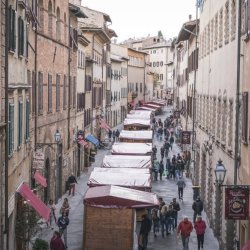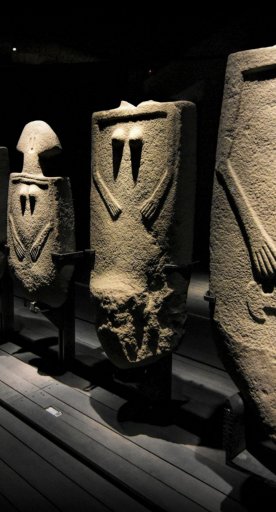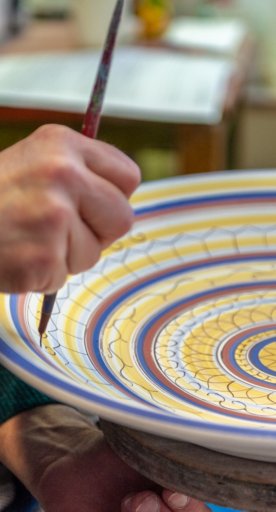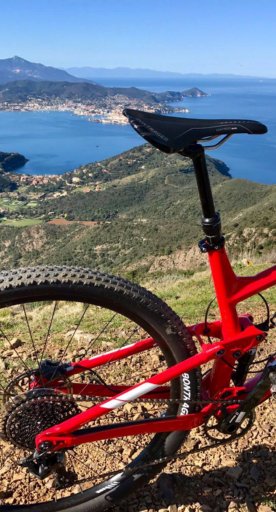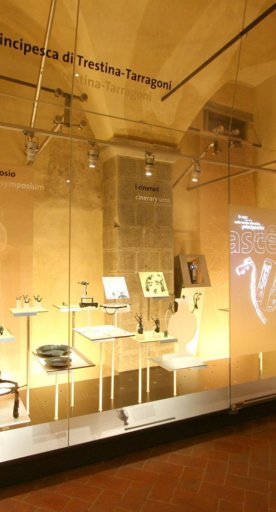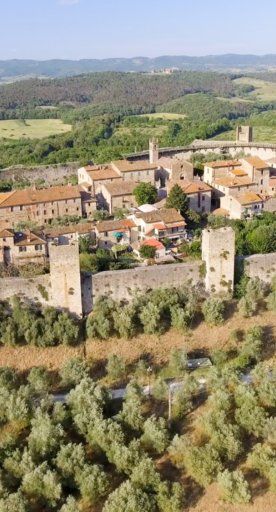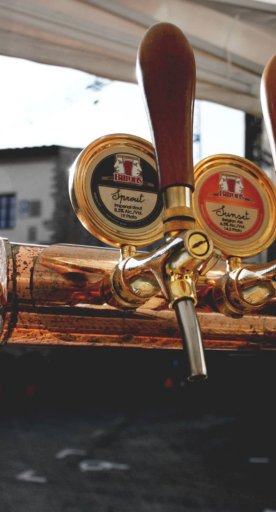5 reasons to visit Colle di Val d'Elsa
Ways to get to know Italy’s Bohemia, the home of arts, crafts and natural beauty
Not everyone knows that Colle di Val d'Elsa, in central Tuscany, was the place where Carlo Lorenzini (whose pen name was Collodi) saw the medieval Fonte di Pinocchio. This was probably the source of inspiration for his famous wooden puppet. On the other hand, Colle di Val d'Elsa has always been popular among writers. It’s where Carlo Cassola’s novel La Ragazza di Bube was set as well as Sergio Citti’s film Il minestrone, which starred Tuscan actor Roberto Benigni.
This is the perfect place for a relaxing yet active vacation, as well as for travellers looking to explore local arts and crafts. Here are 5 reasons to visit Colle di Val d'Elsa:
-
1.Crafts: crystal from Colle
-
2.Wellness: the Caldane baths
-
3.Trekking along the Sentierelsa
-
4.Via del Castello: an alternative to the Francigena
-
5.Traditions and folklore
Crafts: crystal from Colle
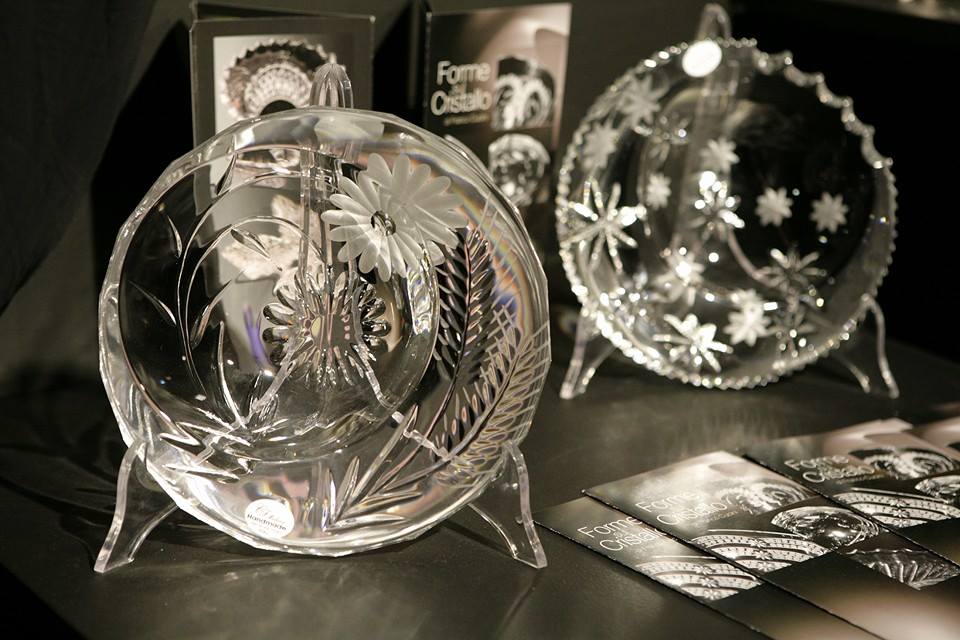
It’s known as the Bohemia of Italy for a reason. Colle di Val d'Elsa has been the centre of Tuscany’s oldest glass works for centuries. Here, you can see master glassmakers at work: gestures and rituals that are part and parcel of the old crystal production traditions.
The turn of the tools and the dexterity and delicacy of the movements come from another era. With their fluid glass and the transparency of the surfaces, the craftspeople resemble wizards capable of moving water and minerals. The material slowly takes shape, obeying the mastery and creativity of the expert. Wine glasses, vases and refined ornaments appear as if by magic to furnish the home and embellish the table.
The alchemy of crystal making has been repeated for centuries in the glassworks of Colle di Val d'Elsa, with the same patience and passion, and the exact same obstinate attention to the purity of the raw materials and finished product.
Wellness: the Caldane baths

Known to the Etruscans and Romans, the Caldane are soothing outdoor thermal baths. These hot water springs are located near Gracciano and are famous for their surprising therapeutic qualities, beneficial for various ailments, including skin problems.
The old baths, partly razed and later restored, are still used by locals.
Trekking along the Sentierelsa

Hiking lovers can walk the Sentierelsa, a 4km long route that starts by the San Marziale bridge, winds along the Elsa river and reaches Ponte di Spugna.
Along the way you can glimpse the remains of old waterways, waterfalls like Diborrato and Grotta dell’Orso, so-called due to its resemblance to the bear (“orso” means bear in Italian).
Enjoy a carefree sunny day and bring a picnic.
Via del Castello: an alternative to the Francigena

In Colle di Val d’Elsa there’s an old urban section of the Via Francigena described by Sigeric, the Archbishop of Canterbury. This road is an alternative to the official route and it’s a chance to sleep overnight in the delightful historic centre.
Traditions and folklore

The famous Italian sculptor, architect and urban planner Arnolfo di Cambio was born in Colle di Val d'Elsa. He was active in the late 1200s and the early 1300s. A yearly competition is named after him, consisting of nativity scenes as a symbol among the people. The most beautiful nativity scene receives a prize every December.
San Marziale patron saint’s day takes place in the summer, bringing food stalls, a cycle race and boat regatta to the town’s Elsa river as well as an impressive firework display. Last but not least, there’s the Festival of the Holy Nail. The cathedral is said to contain a nail from Christ’s crucifixion, which is paraded around the town on the first and last weekend in September.




